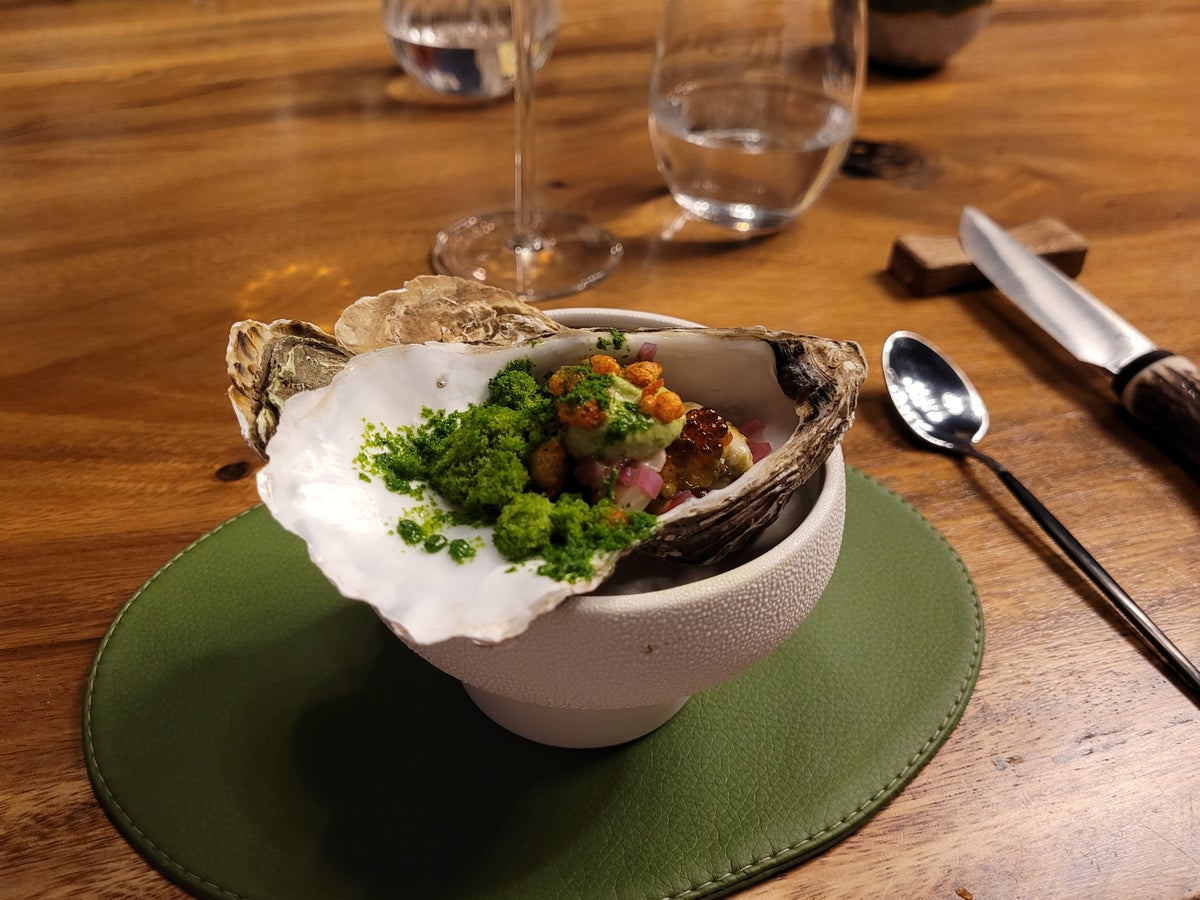
I stare at the Welsh. The Welsh stares back.
“Wow. I mean... you weren’t joking about the size!”, I say, with just the merest hint of panic in my voice. Benoit, our guide, nods solemnly.
He did, after all, try to warn me when I insisted on ordering this particular local speciality that it was going to be serious stuff. But with the arrogance of a woman who has signed up to eat her way around Hauts-de-France to test its credentials as the designated European Region of Gastronomy for 2023, I chose to ignore his well-meaning words of caution.
Now, I am faced with the prospect of eating an entire bowl of melted cheese, in which sits a sizeable hunk of bread. Oh, and a huge portion of fries on the side. Not dissimilar to a Welsh rarebit, this particular iteration, beloved all over the region, was thought to have been imported here by Welsh troops in 1544 when Henry VIII laid siege to Boulogne. It uses a deliciously thick, orange cheddar that’s been broiled in ale for a malty, savoury tang; alongside the frites and a glass of crisp local cider, its hue means every element of my lunch is now a satisfyingly unhealthy shade of amber-yellow.
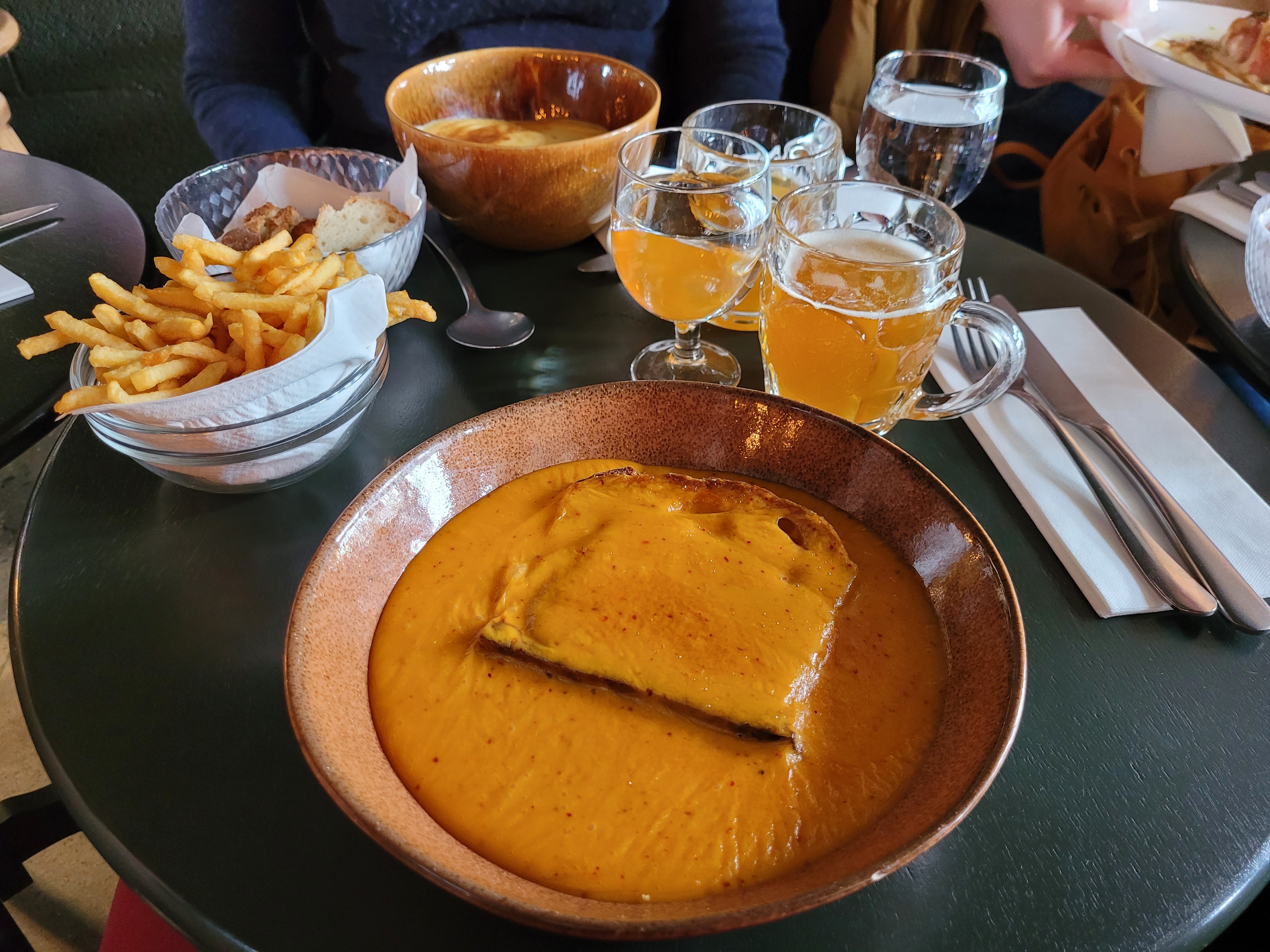
The whole gut-punching combination is glorious, but it’s only as I’m finishing up, slightly sweating and the buttons on my jeans straining, that I suddenly remember this is just meal one. There’ll be another full-on eating extravaganza this evening, followed by more tomorrow and more the day after that...
I’m on a whistle-stop tour of this overlooked northernmost region of France and looking to experience its best bits directly via my stomach. It’s perhaps strange that Brits often bypass Hauts-de-France considering that it’s our closest neighbour; it includes Calais, where the Channel Tunnel meets France. Just north of Paris, it borders Belgium and the North Sea, and includes the vibrant, attractive cities of Lille and Amiens.
Read more on France travel:
- The ultimate France travel guide
- Glow up: Inside France’s under-the-radar volcanos
- A Paris local’s guide to the best under-the-radar sights
The former is where we arrive, catching a direct Eurostar from London that takes just 1hr 22m; another enticing reason to explore Hauts-de-France is its accessibility as a flight-free destination. Our first stop was the charming Montreuil-sur-Mer, a 1hr 45m drive away, where the cobbled streets are dotted with far more quality restaurants and speciality produce shops than you’d ever expect to find in a town of this (small) size. Passion for food has reached such heights here that locals have even created their own quality label, “La Destination Gastronomique”.
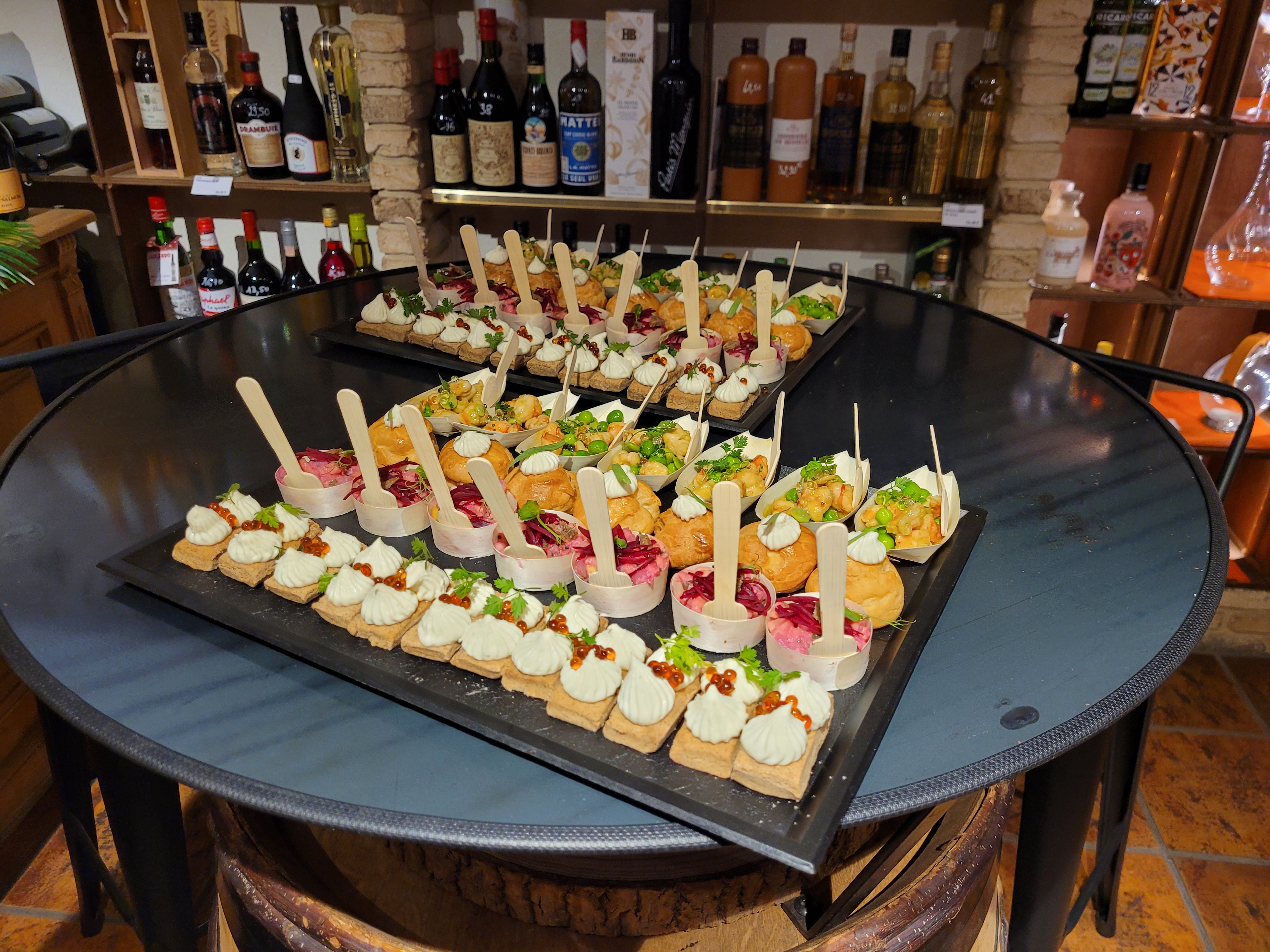
It is in Montreuil that I come face-to-face with my own gastronomic limitations over the Welsh at Grand’Place Cafe, an exceptionally cool hangout on the main square where a stripped-back menu of quality dishes meets an industrial-rustic aesthetic (think raw brickwork, copper taps and plant-filled buckets spilling over with green tendrils hanging from the high ceilings).
There is a small window of opportunity to walk off my cheese bowl as we explore the town’s three kilometres of historic ramparts and citadel under the tutelage of local tour guide Jean-Marie, learning that its “sur-Mer” title has nothing to do with proximity to the sea and that Victor Hugo wrote a chunk of his seminal work, Les Misérables, right here in town. The locals do a huge reenactment of it every year, a spectacle that draws hundreds of tourists from all over the world.
Passion for food has reached such heights here that locals have even created their own quality label, ‘La Destination Gastronomique’
But before you know it, we’re eating and drinking again: first at speciality wine shop Vinophilie, where we swig pleasingly dry Devaux champagne and scoff rainbow-coloured canapes of smoked cod with beetroot cream, buckwheat and blue cheese choux buns, prawn with pea and leek oil; then at landmark restaurant Anecdote. The latter is one of several local eateries from two-Michelin-starred chef Alexandre Gauthier and pays homage to traditional cuisine in achingly modern surrounds, with duck meat pie, beef tartare with calvados, and a wickedly boozy rum baba all on the menu.
There’s nothing for it after that but to crash out at the Chateau de Montreuil, a classic 1930s chateau built for English aristocrat Elizabeth Wooster to house her friends in, now turned chic-as-they-come boutique hotel. Each room’s design is different; mine channels a classic French style, all cream and pale blue, with a shot of quirkiness courtesy of the frieze of monkeys swinging across the walls.
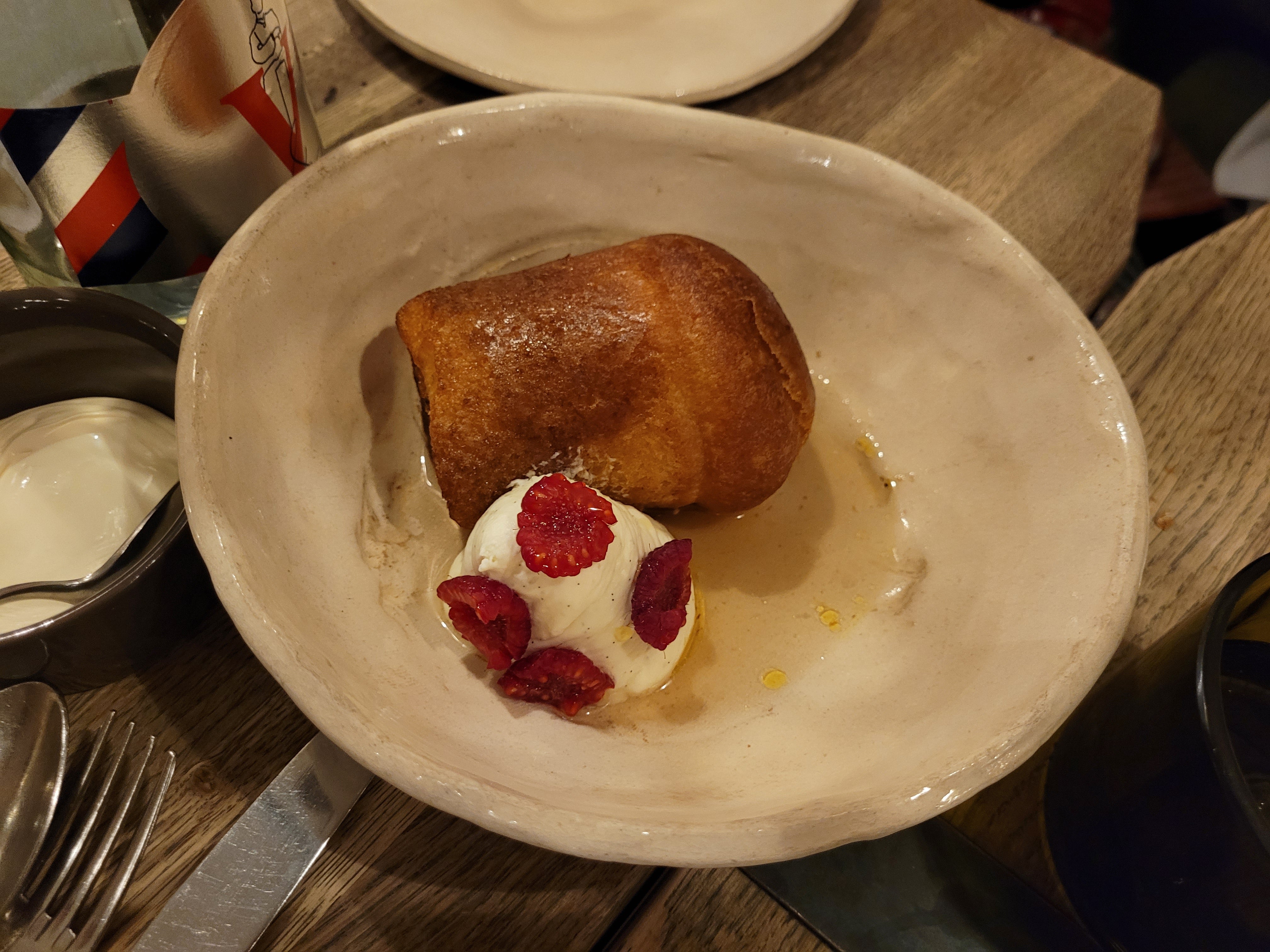
Our next stop is Boulogne-sur-Mer, half an hour’s drive away, where its “sur-Mer” title is this time accurate. The coastal city is home to France’s biggest fishing port, which can only mean one thing: we’re going to eat fresh-off-the-boat seafood, and lots of it. But not before we’ve worked for it. After a tour of the extensive fish market, we troop off to beloved family-run hotel and restaurant La Matelote, where we’re tasked with preparing our own lunch under the expert tutelage of head chef Stellio Lestienne. His father, Michelin-starred chef Tony, ran the acclaimed restaurant for 40 years before handing over the reins to his son.
During an enjoyably immersive cooking workshop, using the seafood we picked up at the market, we release scallops – still alive and spasming alarmingly – from their shells, doing our best not to damage their tender flesh, and learn how to correctly fillet weever fish. We try things as we go, sighing collectively at smoky, blowtorched morsels of herring and slow-roasted beetroot before finally sitting down to a lavish 10-course tasting menu.
Boulogne has historically had a close association with the UK. Aside from Henry VIII’s occupation (during which time it was controlled by the British for six years), in the 19th century more than 30,000 Brits resided in the city. Charles Dickens even kept a house – and a mistress – nearby. Although its preserved old town with cobbled streets, Basilica Notre Dame (home to France’s longest crypt) and Unesco-listed Belfry all feel quintessentially French.
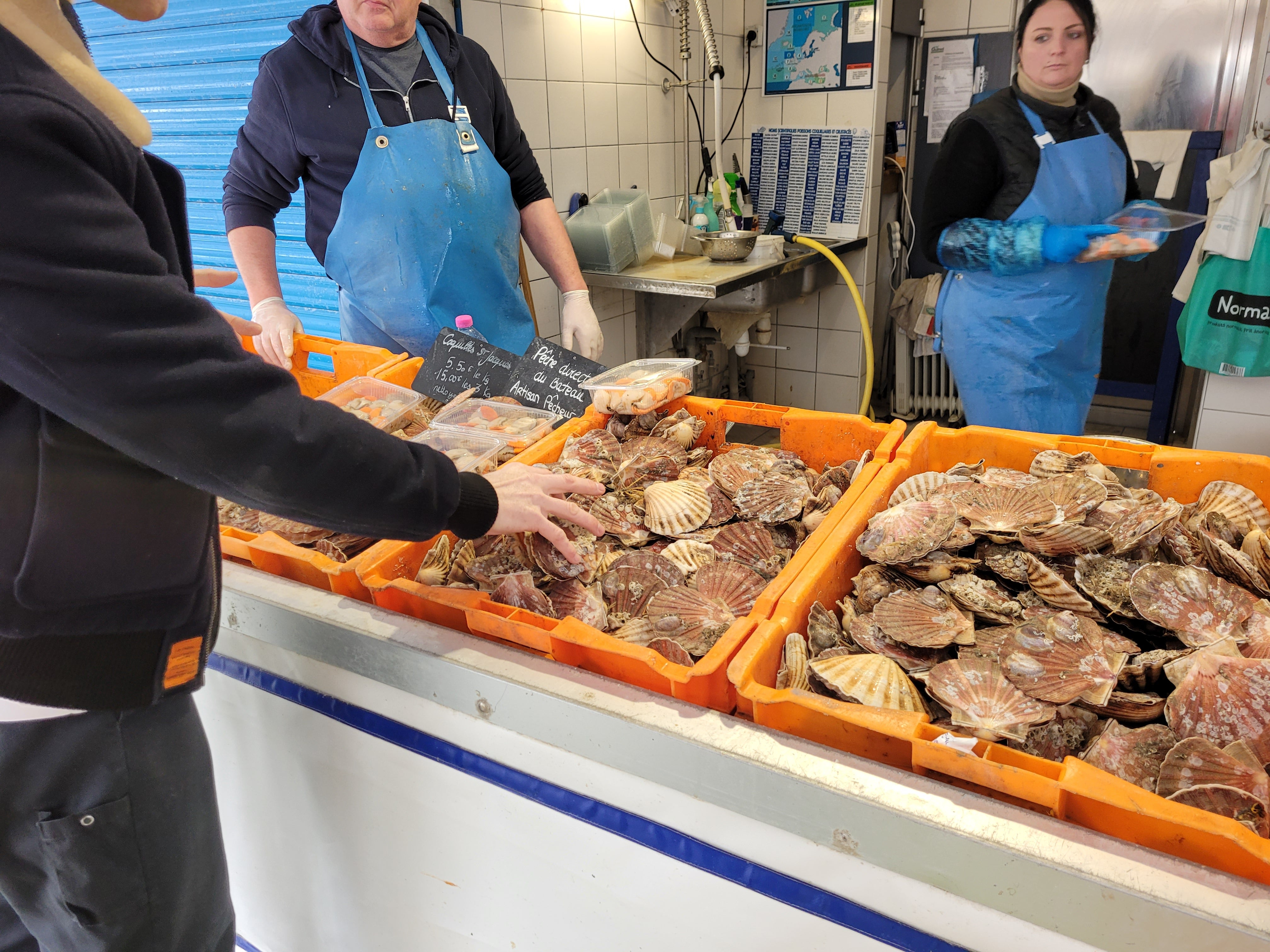
Before we know it, dinnertime has swung around. By this point, I’m wearing my stretchiest items of clothing; my jeans stubbornly refuse to take the strain – and who can blame them? We whizz to the historic Flemish market town of Saint-Omer, 45 minutes away, for our next bout of stuffing ourselves silly, this time at Bacôve. Headed up by Camille Delcroix, the winner of the competitive TV show Top Chef France, this stylish restaurant uses produce from the local Audomarois Marshes to create an exquisite tasting menu that includes truffled celeriac risotto, barbecued monkfish tail with Tilques carrots and a genever sorbet with pear. The presentation alone is enough to make you gasp, but then comes the flavour punch. After insisting post-lunch that we could “never eat again”, it’s testament to the exceptional cooking that everyone clears their plate of all eight courses.
The aforementioned marshes are one of the draws of this quaint market town. Transformed by 17th-century monks into an interconnecting network of canals, the area was only accessible by water until the 1970s, when some roads were finally built. These days, you can explore the Unesco-listed nature reserve, home to more than 1,600 species of plants and wildlife and 150km of navigable waterways, on a tour by bacôve (a traditional shallow-bottomed wooden boat).
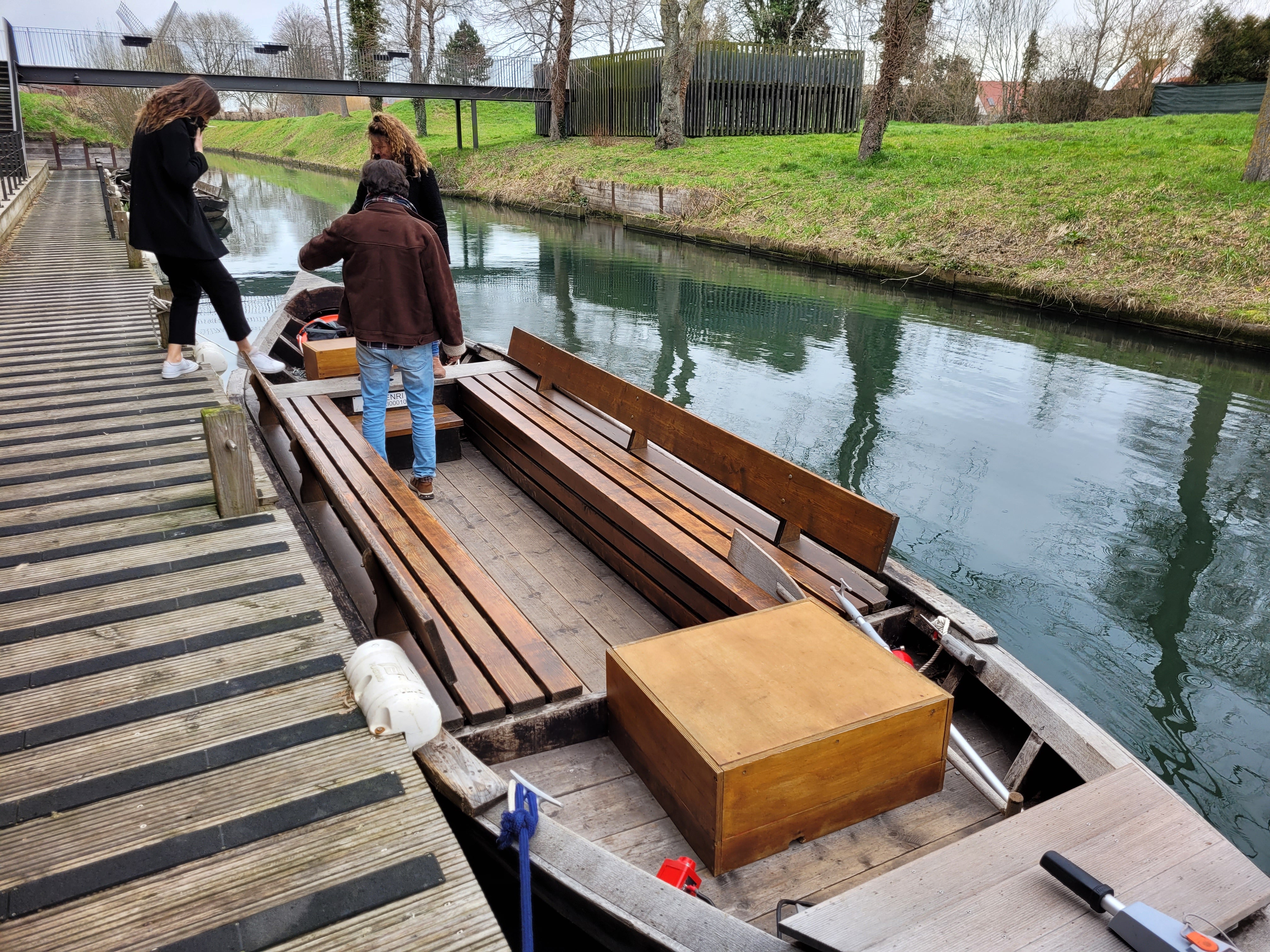
As we float placidly along, we learn that the fertile soil of the marshes produces six million cauliflowers a year, as well as leeks, endives, tomatoes, watercress and artichokes – it’s little wonder the local cuisine is so lip-smackingly good with such produce to hand.
The other local speciality is of the liquid variety: genever. This hair-raisingly strong digestif is best experienced at the family-owned Houlle distillery, where the distinctive spirit has been made using the same technique for 100 years. Aside from learning about production and touring the facility, we’re also encouraged to try as many of the 13-strong range of genevers as we can; a surefire recipe for getting pleasingly sloshed in the middle of the day.
It’s time to head back to Lille to catch the train home, but not before one final chance to push gluttony to its limits at local institution Meert. This genteel, century-old tearoom serves up its renowned waffles, made to a recipe that remains a closely guarded secret, in the boujiest of settings. The lavish interiors are matched only by the majesty of their cake selection.
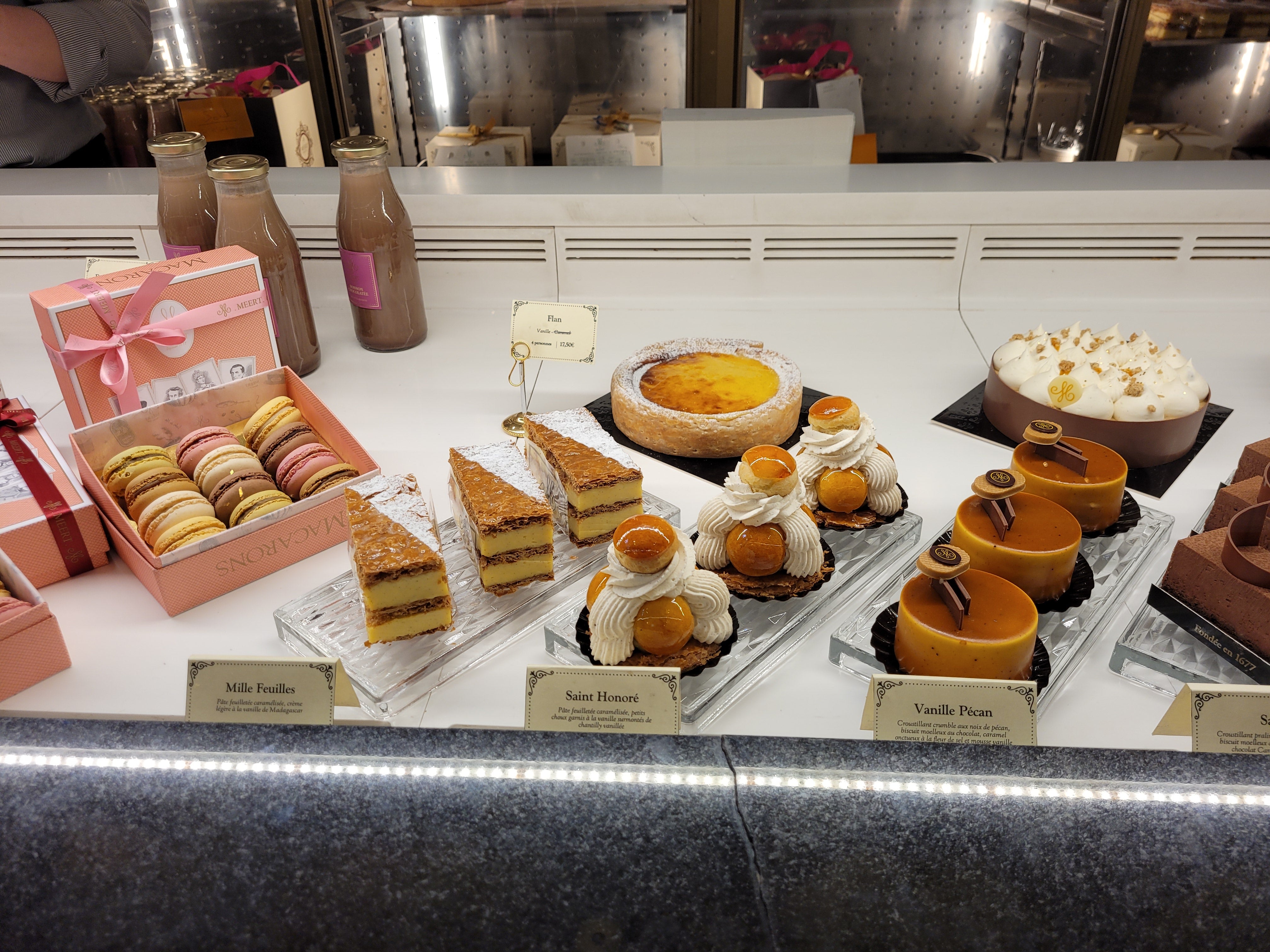
As I roll myself onto the Eurostar, I wonder at how absurd it is that we Brits have largely forgotten our fondness for this fabulous region of France. Perhaps it’s finally time we rediscovered this slice of gastronomic hedonism, just a hop and a skip across the Channel. Just remember to leave your skinny jeans at home.
Travel essentials
Getting there
Lille is accessible by Eurostar in 1hr 22m from London. Alternatively, Eurotunnel crossings from Folkestone to Calais take around 35 minutes.
Staying there
Montreuil-Sur-Mer
Chateau de Montreuil is a well-placed elegant four-star boutique hotel boasting classic yet cool design.
Rooms available from{{#price}}{{price}}per night{{/price}}{{^price}}Check availability for dates and prices{{/price}}
Rates provided by Booking.com
Saint-Omer
Mercure Saint-Omer Centre Gare offers modern, stylish rooms conveniently located for the train station.
Rooms available from{{#price}}{{price}}per night{{/price}}{{^price}}Check availability for dates and prices{{/price}}
Rates provided by Booking.com
More information
Visit hautsdefrancetourism.com
Read more of our best Paris hotels reviews







